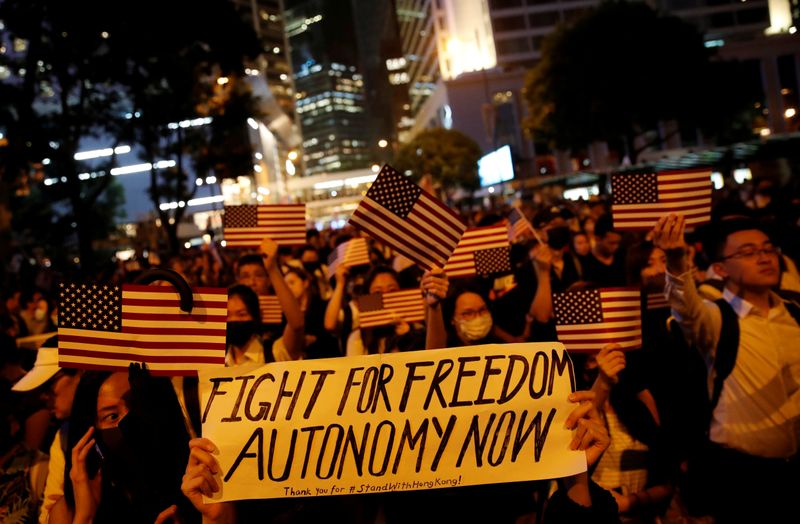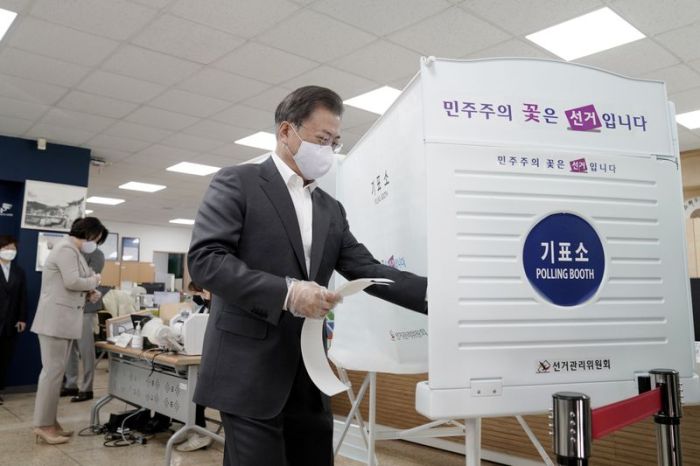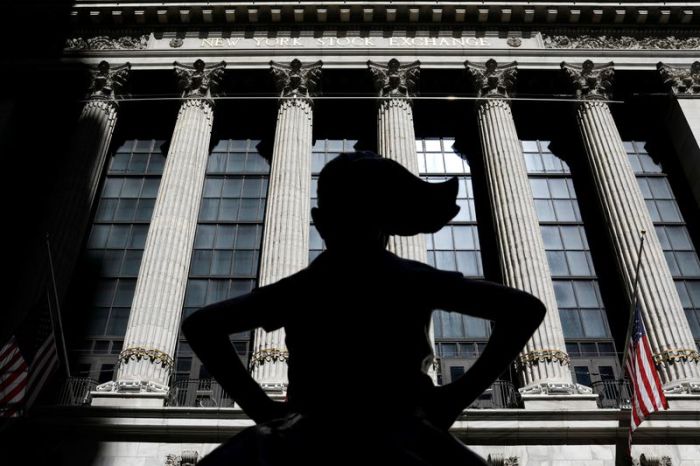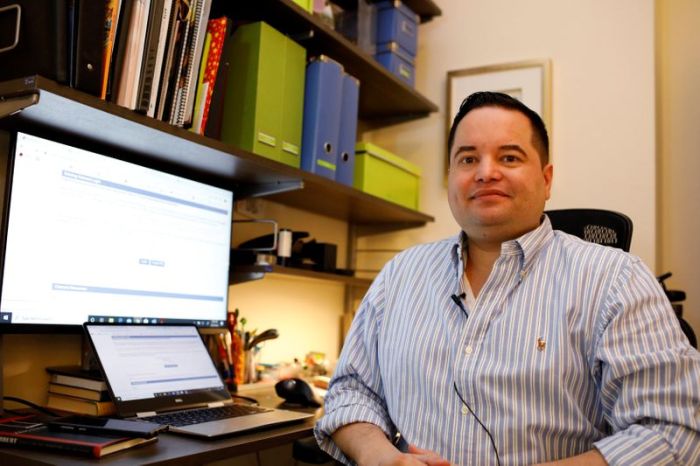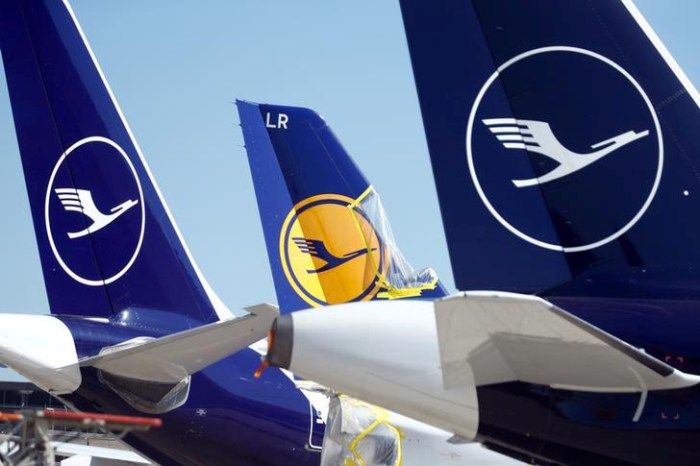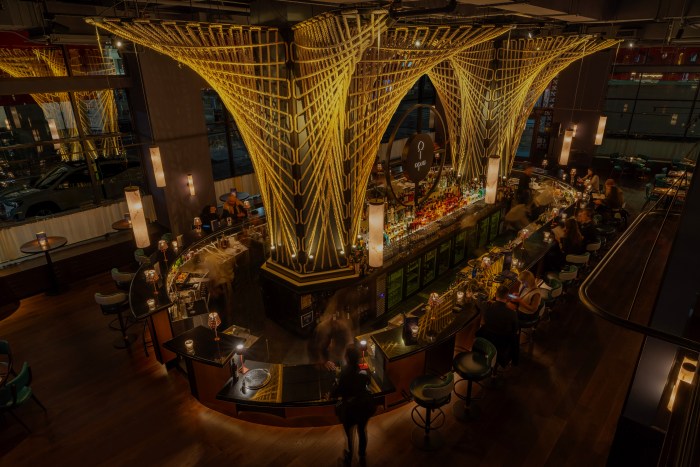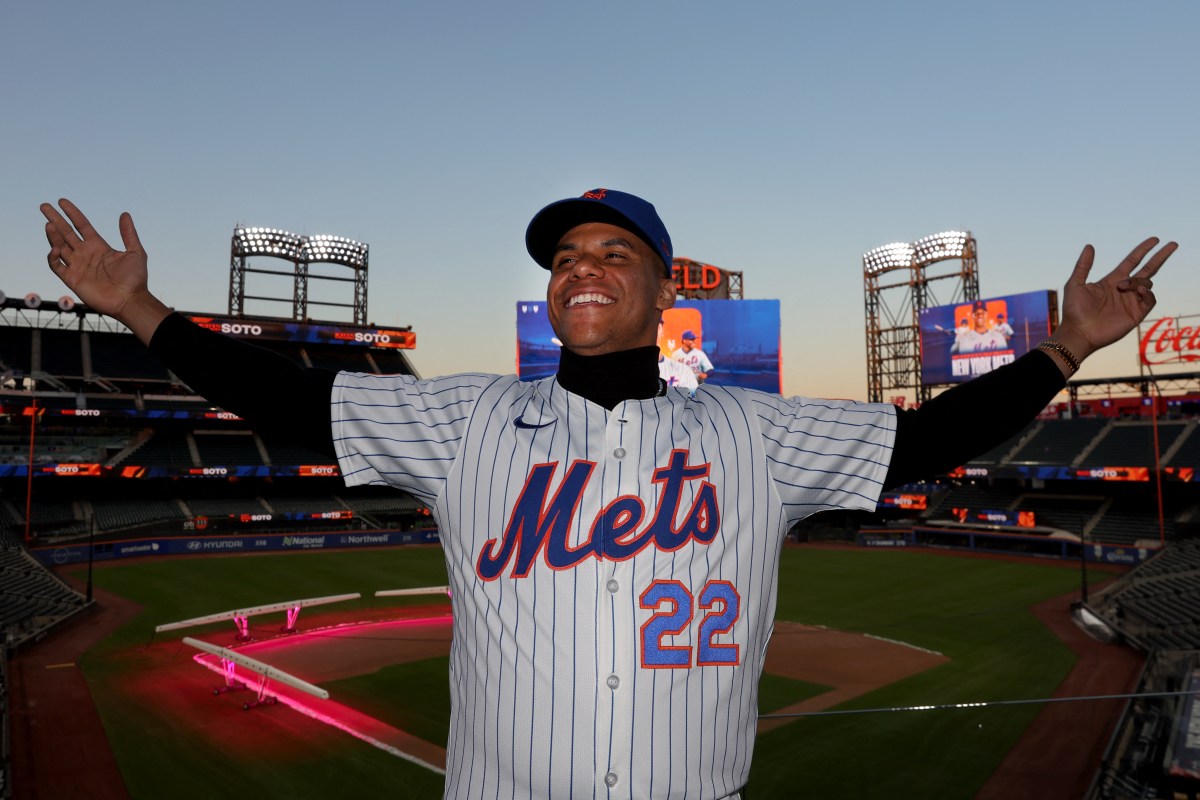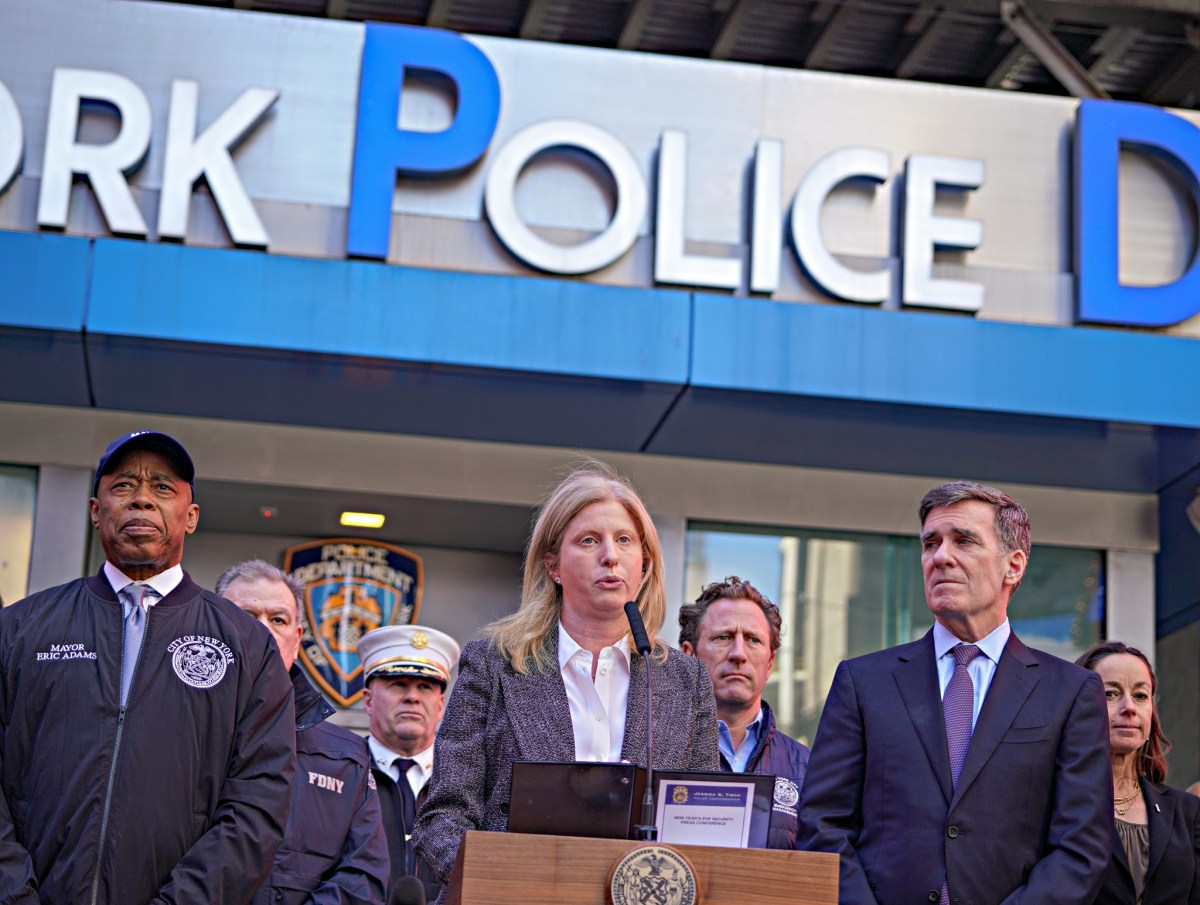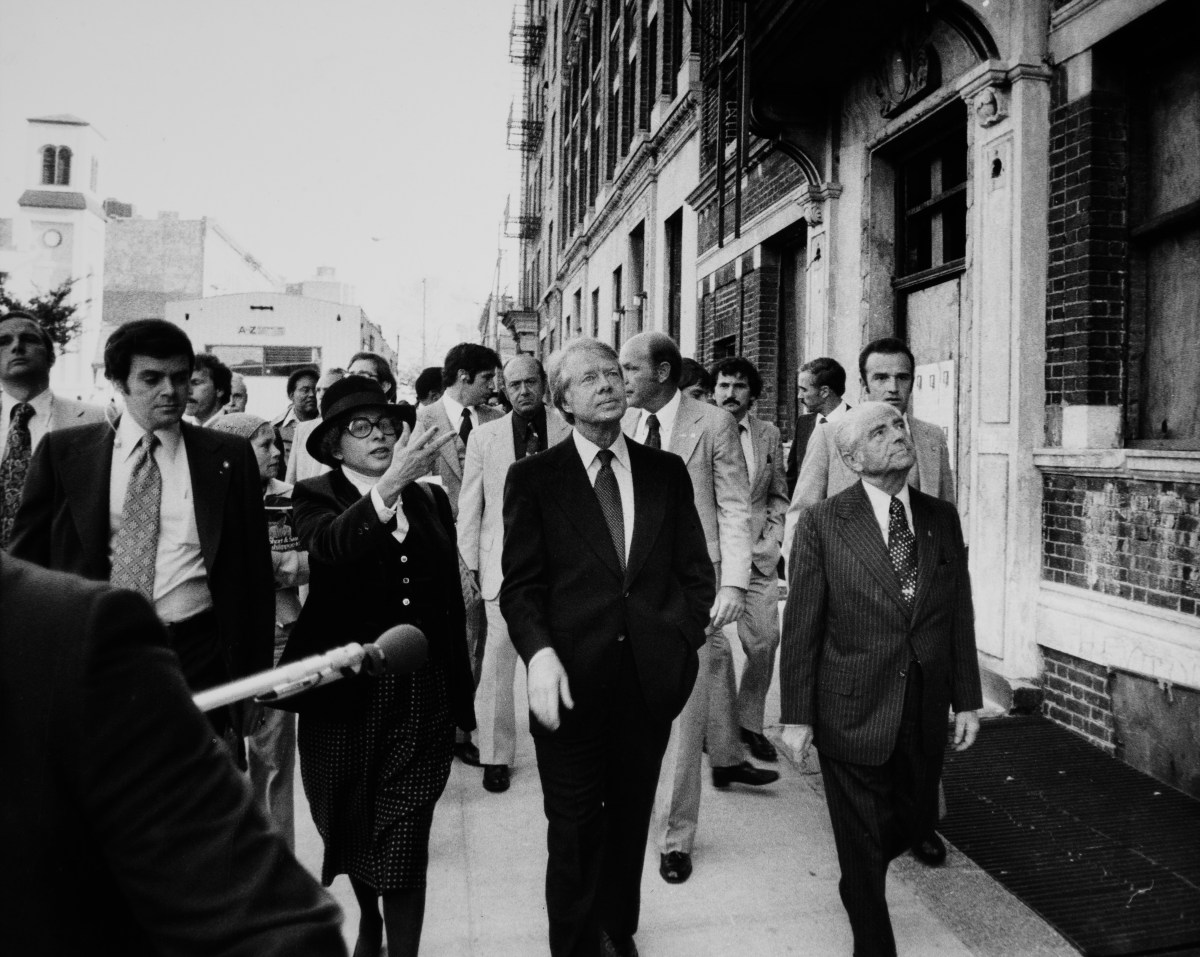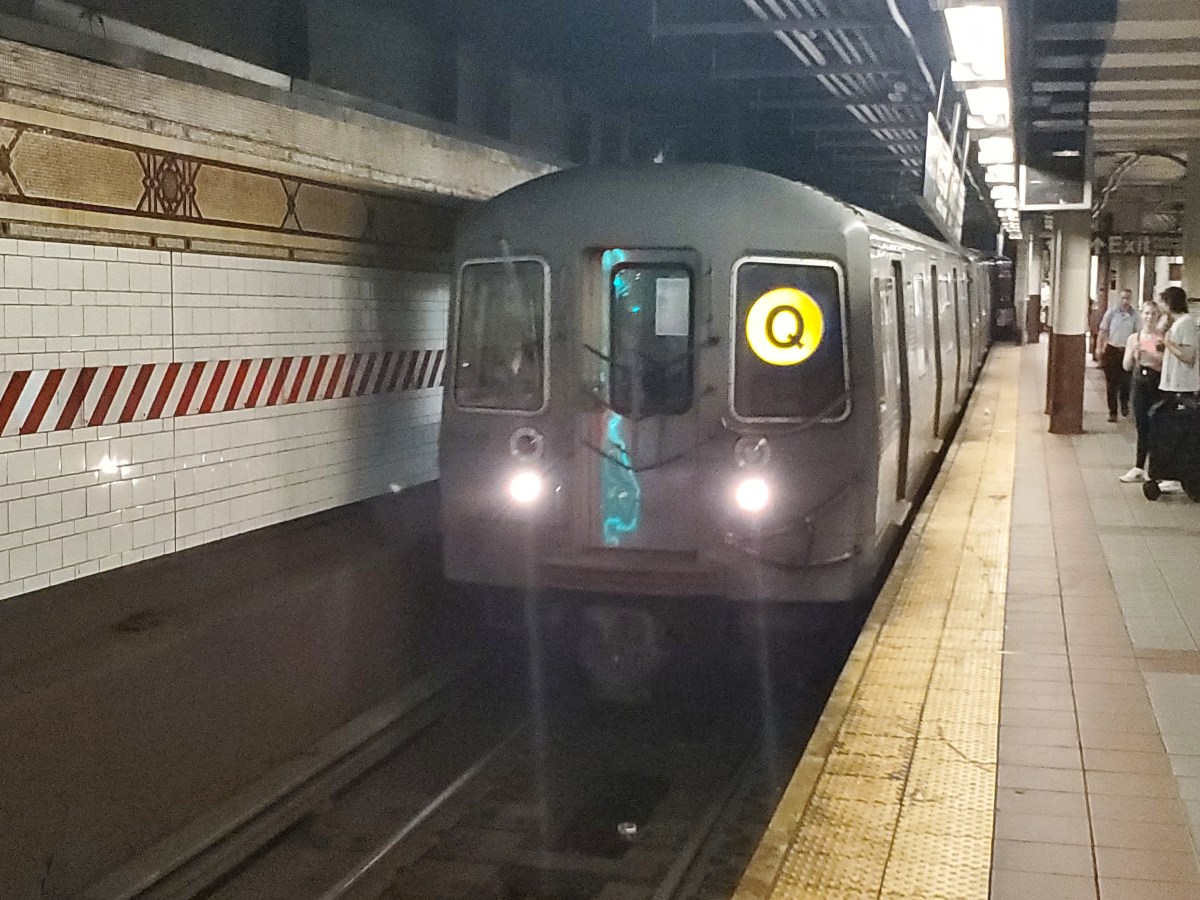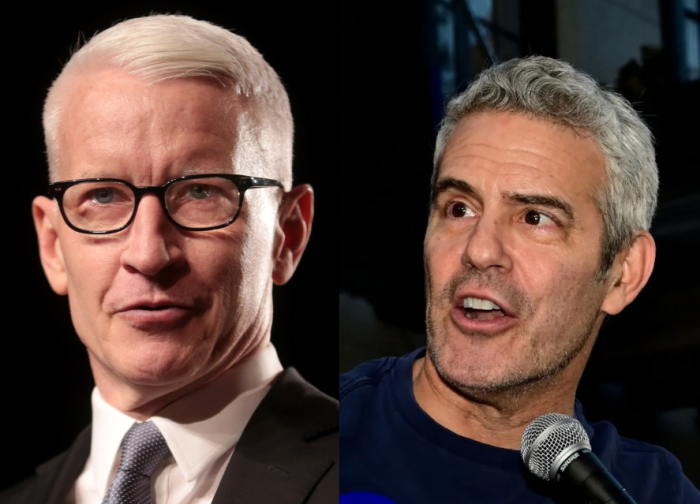HONG KONG (Reuters) – The Hong Kong Bar Association on Tuesday called on Beijing to “exercise restraint” in its comments regarding affairs in the Chinese-ruled city, warning that its views could be perceived as interference in the global financial hub.
The association, which represents around 1,500 barristers in the former British colony, made the statement a day after the Liaison Office, Beijing’s top representative office in Hong Kong, welcomed an appeal court ruling that upheld the constitutionality of the city’s colonial-era Emergency Regulations Ordinance.
During the height of anti-government protests in October, Hong Kong leader Carrie Lam invoked emergency powers for the first time in more than 50 years, allowing her to enact a new regulation banning face masks.
The appeal court said last week that while a blanket government ban on face masks was unconstitutional, it had the right to bar them at unlawful assemblies.
The barristers also highlighted a statement by Beijing on Monday warning that pro-democracy lawmakers who filibuster meetings in Hong Kong’s Legislative Council could be guilty of misconduct in public office.
In a special report published on Tuesday, three of Hong Kong’s top judges told Reuters that the independence of the city’s judicial system is under assault from the Communist Party leadership in Beijing. The judiciary, they said, is in a fight for its survival.
The Bar Association said comments by the State Council’s Hong Kong and Macau Affairs Office (HKMAO) and Liaison Office that touch on affairs administered by the territory’s Basic Law, or mini-constitution, “could easily be perceived as interference in contravention of the principle of one country, two systems.”
Hong Kong returned to Beijing in 1997 under a “one country, two systems” formula that grants it British-style rule of law until 2047, and its high degree of autonomy is widely seen as key to its prosperity as an international financial hub.
Protests that escalated in June last year grew increasingly intense, powered by a broad perception that Beijing is meddling improperly in Hong Kong’s affairs and by complaints of police brutality.
Beijing denies interference in the city’s affairs and the police said they exercised restraint amid increasing violence.
Democrats slammed the comments by the HKMAO and Liaison Office, ratcheting up a war of words.
Speaking at a press conference on Tuesday evening, leader Carrie Lam rejected claims that Beijing had interfered in the city’s affairs and said it was normal for the central government to “express its concerns”.
(Reporting Jessie Pang and Felix Tam; Writing by Anne Marie Roantree; Editing by William Maclean)

